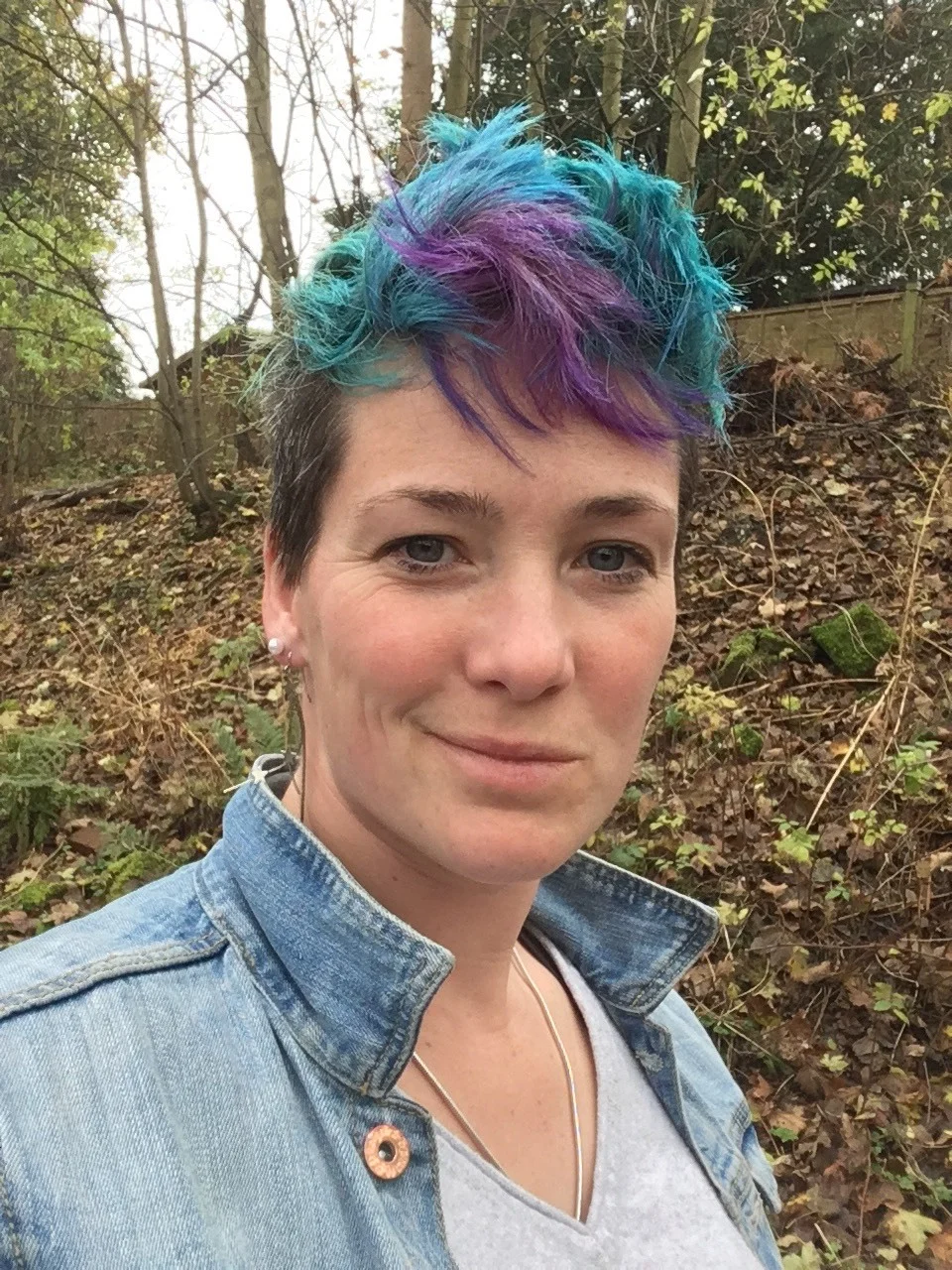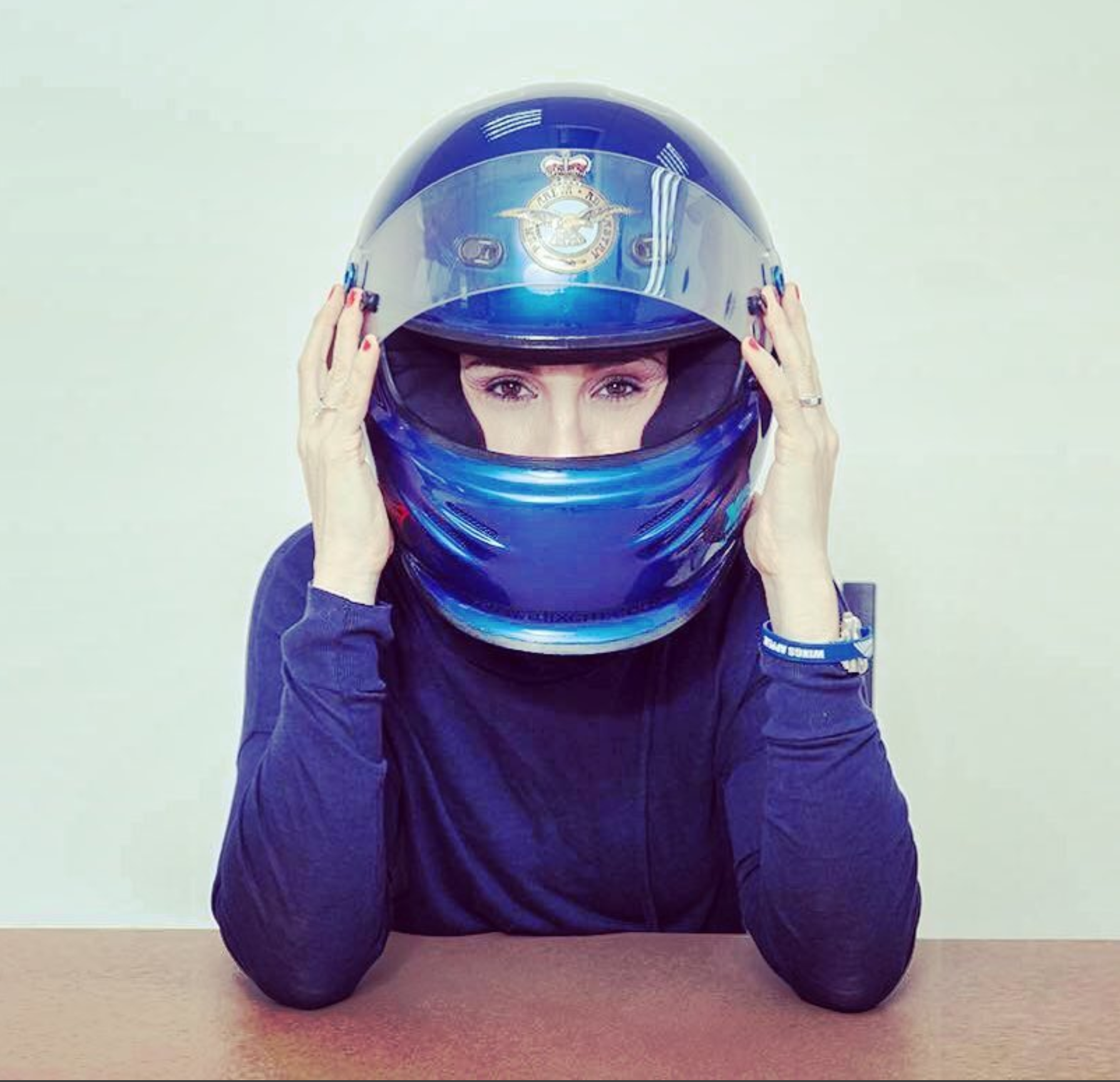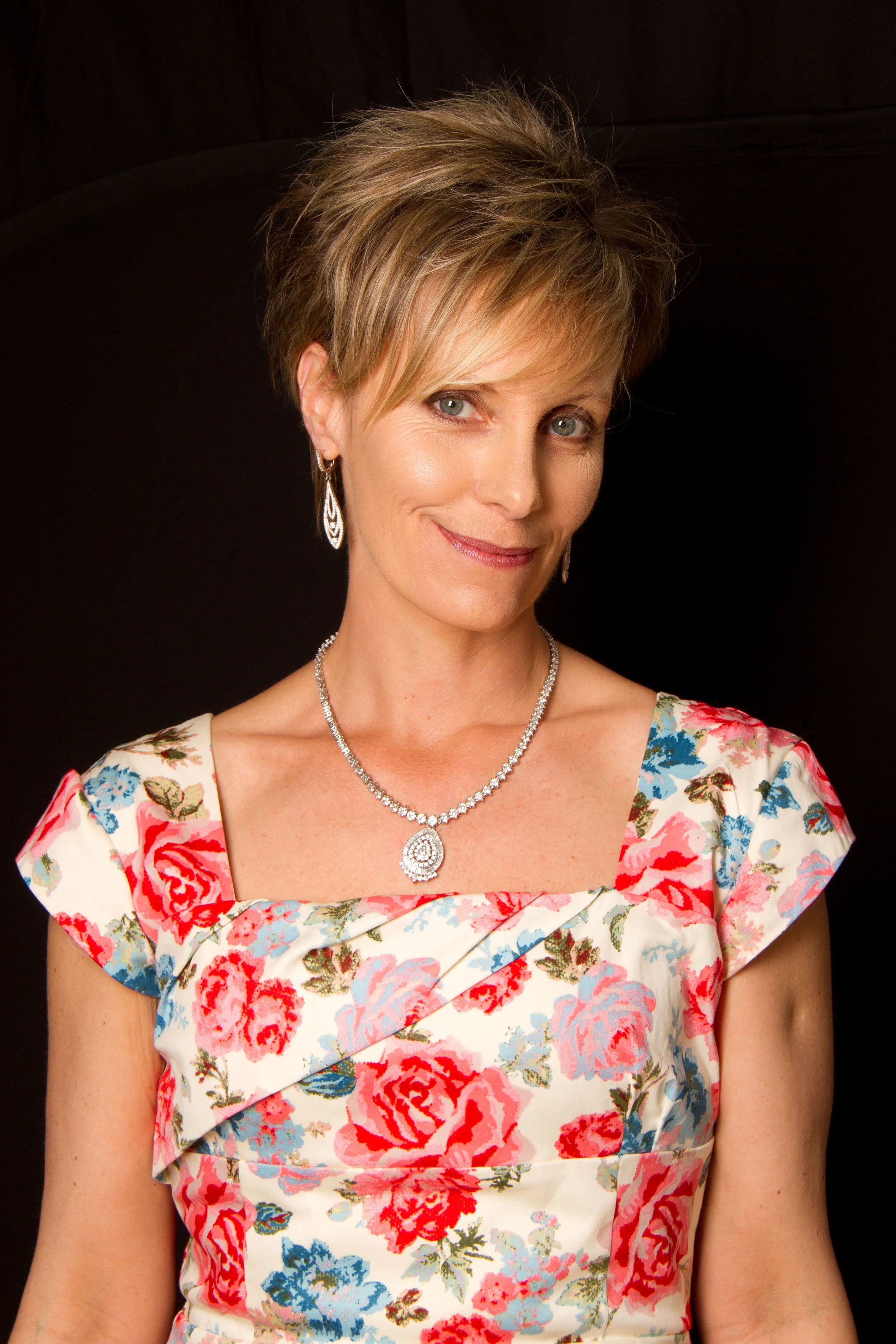Carole Roe: What glass ceiling?
carole roe
What glass ceiling?
Carole is a woman making waves, hurdling over the stumbling blocks to start her business in the male-dominated world of corporate finance, while raising a family, and bringing new meaning to the word ‘altruism’.
One of the best known figures in the UK’s factoring, invoice discounting and asset-based lending market, Carole formed Capital Corporate Finance in 1992, growing it to be one of the most respected brokers in the industry. Today, she is managing director of Capital Corporate Finance and director of Cashflow Bridge, member of the board of trustees for Kicking Off and a relentless fundraiser for Childline. Seriously, she’s raised over £800,000 for Childline and ran the London Marathon this year in pursuit of her charity goals.
Carole Roe: ‘I remember when I entered the corporate finance world, an older and very successful woman gave me some advice: work like a dog and think like a man. I took great exception to this as I had no intention of being someone I wasn’t! Thinking like a man? Is this really what some women thought they had to do to succeed? Sure, I probably stand out because women are still very much a minority in the corporate finance world, but I hope people work with me and remember me because I’m good at my job, and not because I’m a woman. I’ve never entertained the idea of a glass ceiling. I’ve worked hard, I’ve got to where I want to be, but I’ve never tried to think like a man!’
H: What advice can you offer to women at work?
CR: Work hard, treasure the connections you make along the way, and never be afraid to ask for help.
H: How do you overcome the inequality in your field?
CR: Unfortunately, although maybe less so than 25 years ago, finance is still male-dominated. Recently, I attended a conference where there were probably less than 10 women in a room of 100 people. The workplace has changed a great deal during my career and women are a lot more empowered and happy to speak up when they experience or sense wrongdoing. The #MeToo campaign has not just given women a voice but has also made men think twice about certain behaviours. I’m always encouraging the young women coming through and always happy to pass on the things I’ve learnt over the years. Personally, I refuse to acknowledge the inequality—I just get on with the job.
H: Who is your role model and why?
Photo by Brooke Lark on Unsplash
CR: I have three: my granny, my mum and my daughter. My granny started her own business in the 1930s when this was practically unheard of. She lived by the mantra ‘where there’s a will, there’s a way’ and I’m sure I either inherited or absorbed this attitude. She’s no longer with us and I miss her words of wisdom. My mum is 81 with the energy of someone 20 years younger and taught me to be kind and caring. By contrast, she never worked; choosing to be a stay-at-home mum, giving me the most happy and secure childhood anyone could wish for. I’m sure this is what gave me the confidence to start my own business. In my daughter, I can see a mixture of us all. Gemma always speaks her mind, will go out of her way to help others and has handled some very difficult personal hurdles in the most positive way. I’m pleased Gemma is growing up in a world where there is far more equality and fewer doors closed to women in the workplace, but if she comes upon one, I have no doubt she’ll knock it down and walk through smiling!
H: What advice would you give your younger self?
CR: Always be yourself and never be afraid to speak up. Never feel inferior to anyone and never feel superior to anyone either. It’s nice to be nice and it will get you quite far!








‘There is more to my art than simply bleeding into the toilet each month. Each image is substantially more than a crass or vulgar image thrown up on a wall for mass shock appeal.’